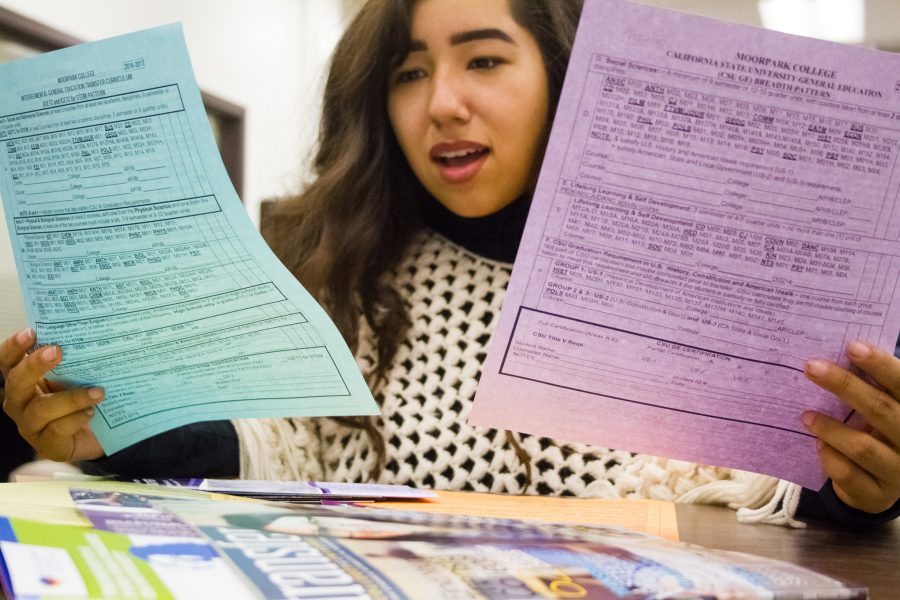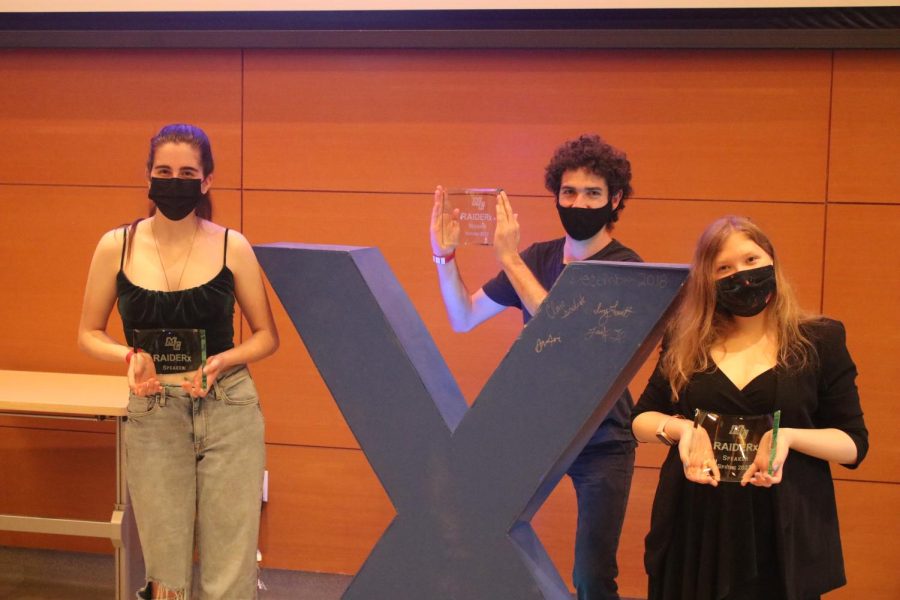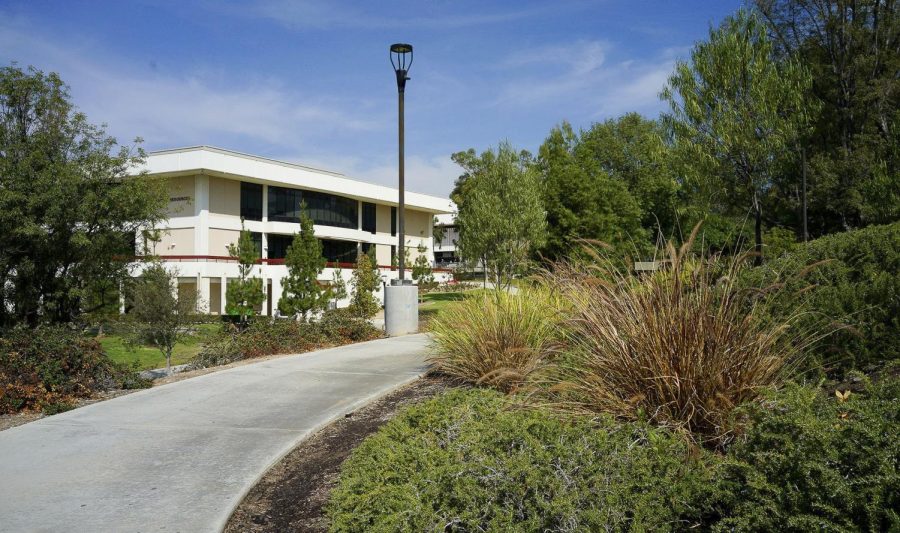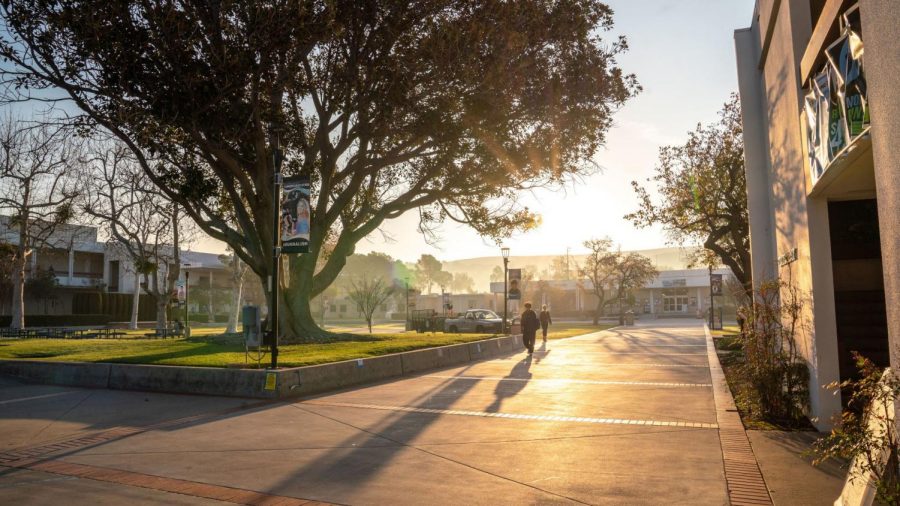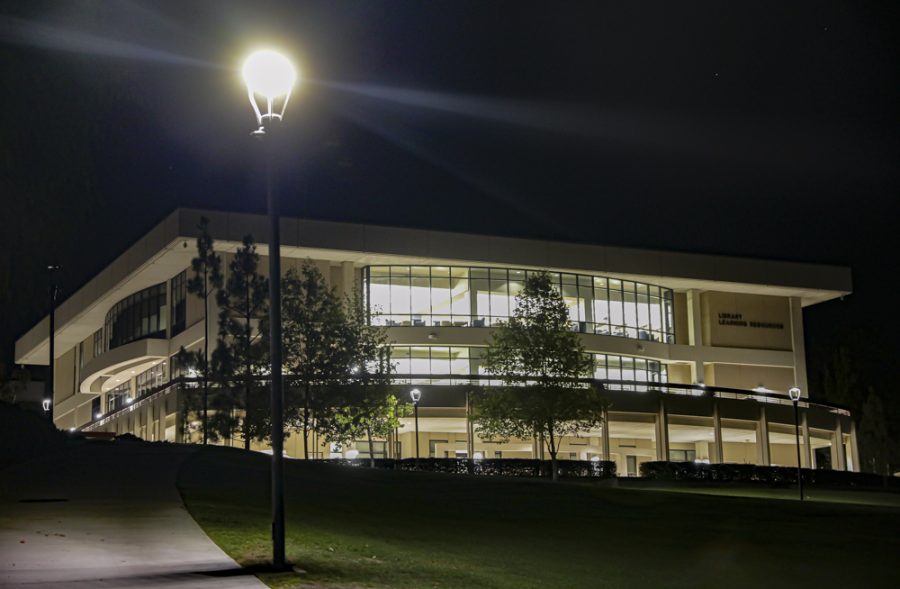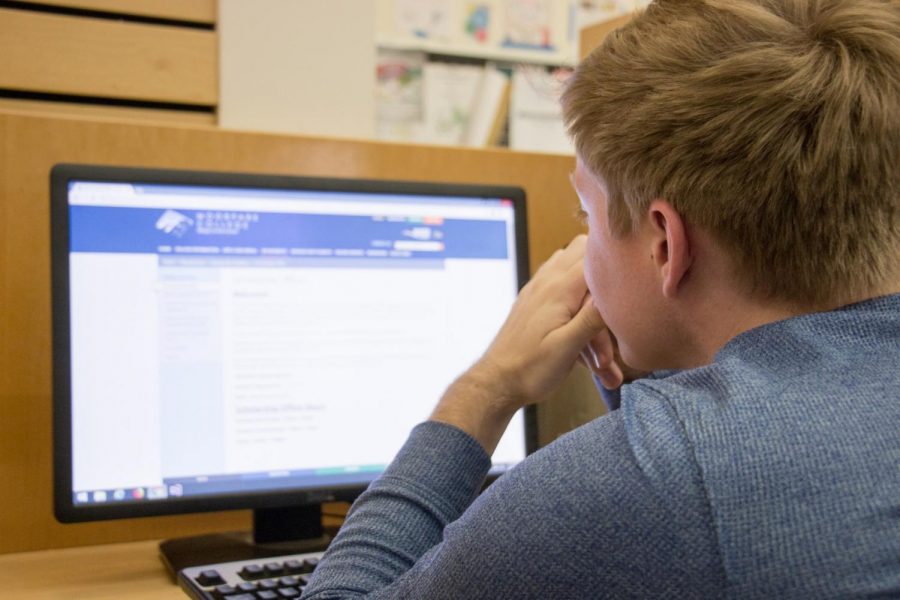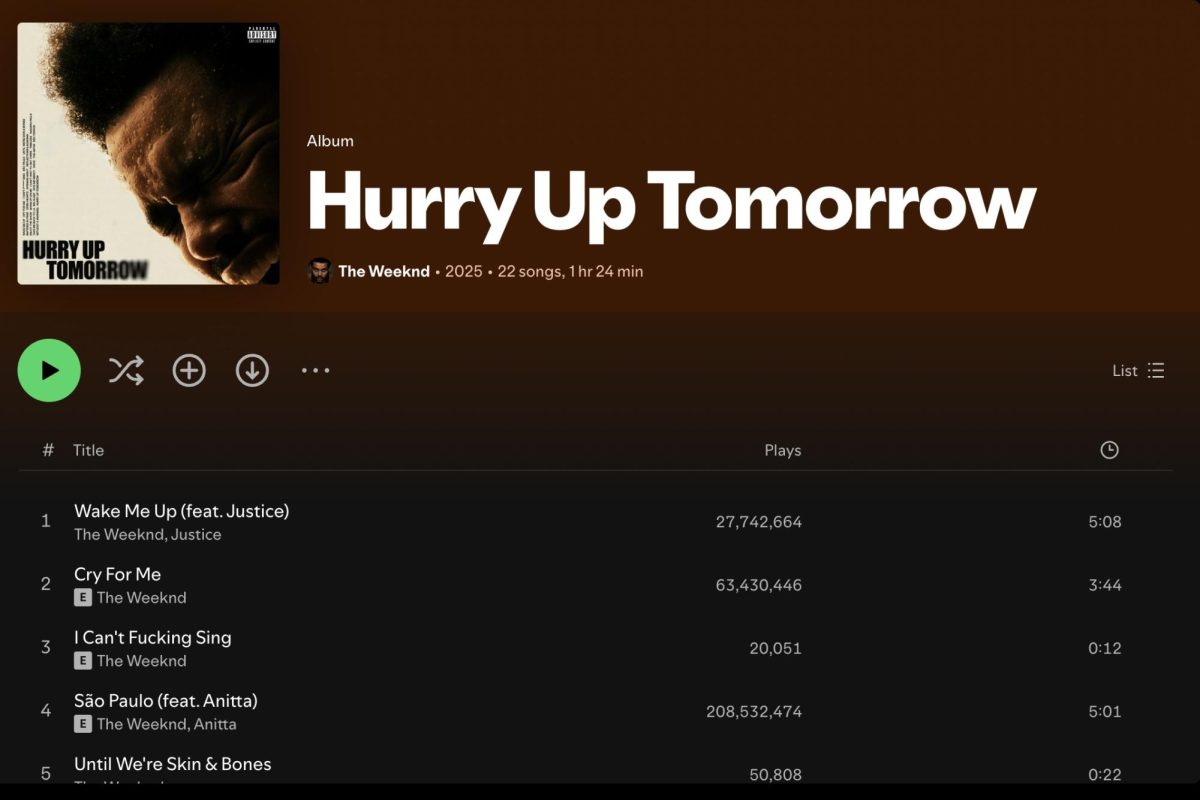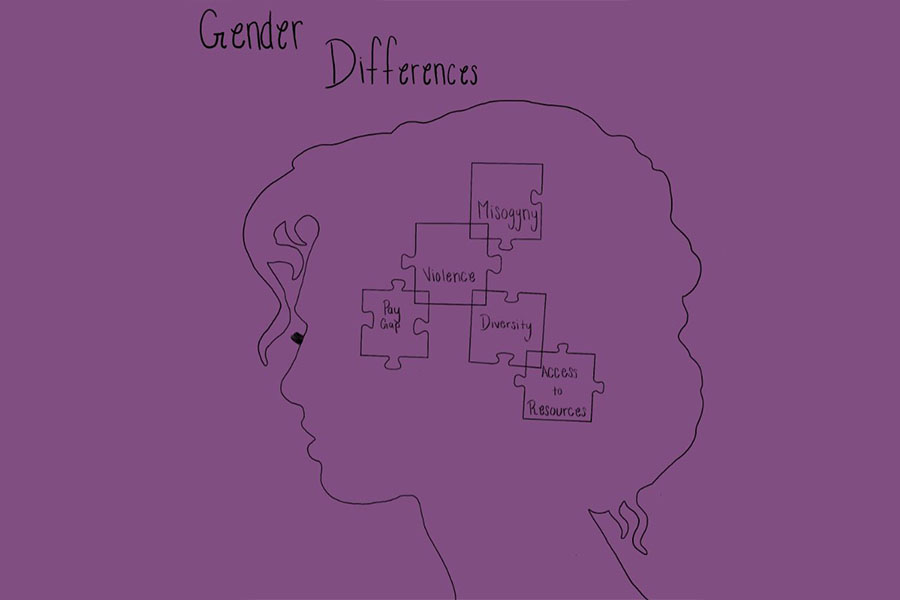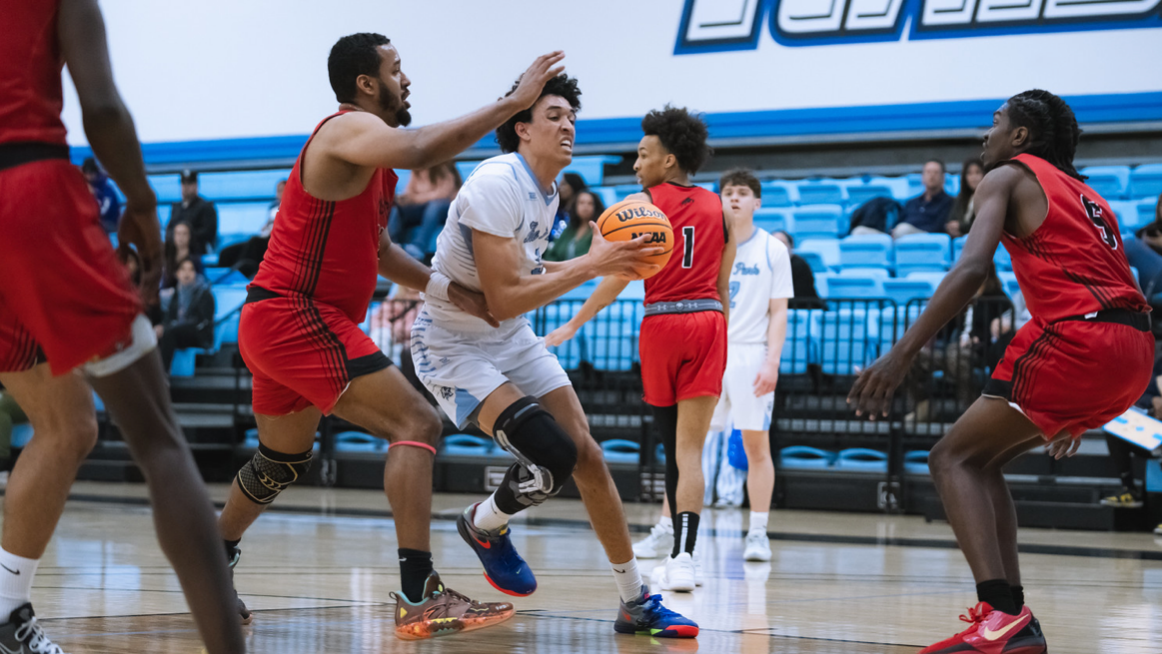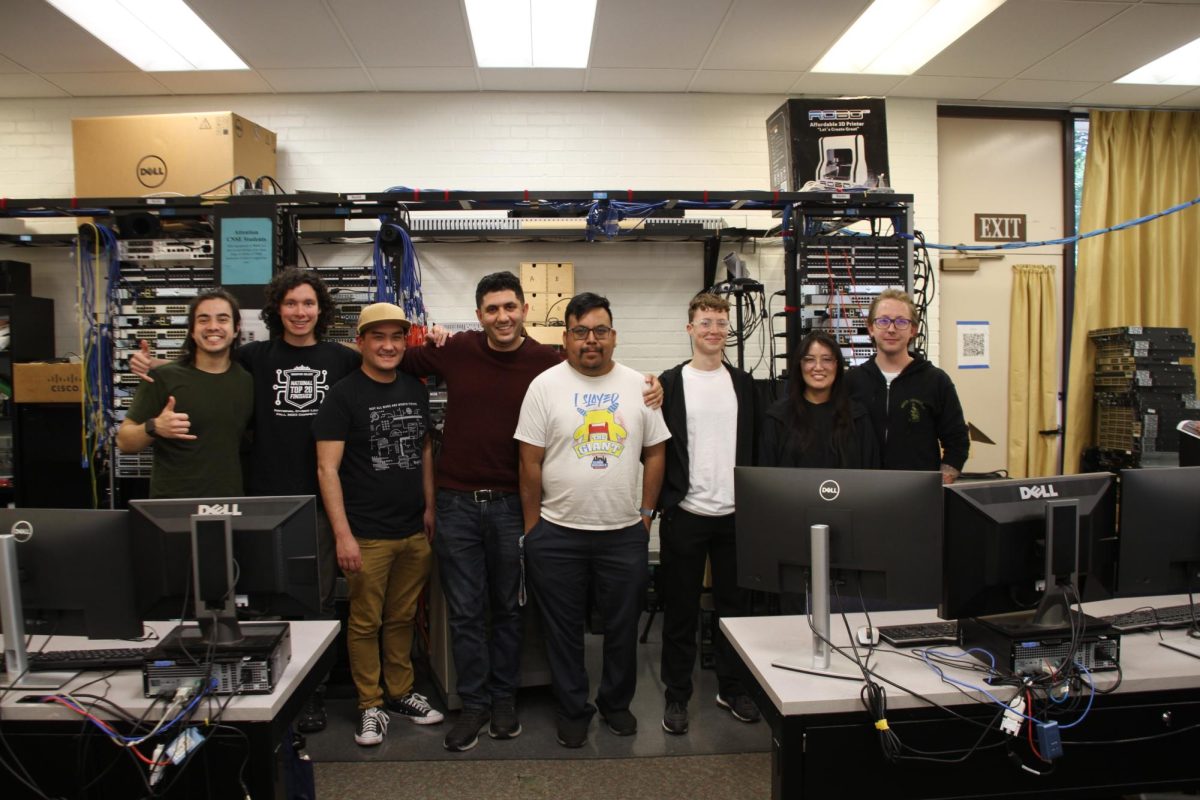The transition from high school to college can be hard. Students have to get used to a new place, new professors and the new challenges of a college environment.
The direction of a student’s college education is entirely up to them. In high school, there is always a sense that, behind you, there exists a sort of imaginary safety net created by your counselor and the school at large, making sure you get through with everything you need and preventing you from wasting time.
In college there is no such thing.
After they graduate from high school, students may have no idea of what kind of career they want to pursue and, even if they do, they don’t know where to start.
Because there are different requirements for different schools and a staggering amount of choices, students can be overwhelmed by this process. That’s why counselors exist. To provide guidance through this process. But without a mandatory counseling sessions, students may receive no help and might get lost choosing courses they don’t need, ending up wasting time and money.
I think that Moorpark College should have a video tutorial for new students when they go on myVCCCD, something that fully explains first how many units you need to transfer and second what classes you must take independently from your major. This way, students will be able to start in the right direction and not waste six months of their lives because they didn’t receive any help.
At Moorpark, students must make the effort themselves to assess their needs and get an appointment and meet with a counselor. However, this can be troublesome on its own since it’s still hard for students to get a counseling appointment Dor Boaron, 20-year-old Psychology major expresses.
“Counselors are always busy [and] getting an appointment is a nightmare,” Boaron said. “You wake up early to get to school to get an appointment, but the line in Fountain Hall is always so long that most of the times students aren’t able to get one.”
Part of the reason these appointments are so difficult to get is because students always come during the same four weeks, the critical time before registration for a new semester.
There are 22 counselors at Moorpark College and statistics show how just between Nov. 1 and 14, between drop-in and scheduled meetings, 1,329 students came to see a counselor, said Moorpark College Counseling department chair Traci Allen.
Currently, students are only allowed to book a counseling appointment a week in advance with no flexibility, which can be stressful and preventative.
“It used to be three weeks in advance, but we had so many students that didn’t show up that we had to change the rules,” Allen said. ” We are thinking to bring it back to two weeks.”
According to Allen, the Counseling department has been introducing new ways to try to make this process smoother. Included in these new initiatives are Walk-in Wednesdays where students don’t need an appointment to see a counselor and can, instead, be helped on a first come, first serve basis.
However, even with added availability, counselors must still manage a massive amount of students with a relatively minuscule team.
With a video tutorial, though, students wouldn’t even need to come to campus or schedule an appointment. They’d merely go on myVCCCD site and find all the information that they need to know.
This video, or perhaps videos, pertaining to each major path, would be game changers, acting as an always available resource for tracking, planning and preparing for a properly scheduled education plan, giving all the basic information that counselors would give to new students at their first appointment.
A resource like this could provide a road map for beginning students, explaining how many units you need to take in order to transfer and outlining the different requirements for some of the most commonly transferred to universities surrounding Moorpark, describing requirements like english, math and speech classes needed for an application to be considered.
Liraz Margalit, Ph.D. and author of the “Behind Online Behavior” blog on Psychology Today, explains how watching videos is a process handled much better by the human brain than reading text.
“Videos are processed by the brain 60,000 times faster than text,” Margalit said. “Watching a video, though, is passive. It’s much less demanding and more of an automatic process, asking a lot less energy and effort on behalf of the person watching.”
If it’s easier for people to watch a video instead of reading a catalog of the classes, wouldn’t a video that lays the requirements of their major and transfer opportunities perhaps ease the burden of students looking to determine their choice of classes?
An online video resource such as this could help new students not only choose the classes that they need, but also help them discover what they want to explore, all while sidestepping classes that don’t benefit them.
At the very least, this resource could help students to understand what classes they need to take no matter what kind of major they are going for, making the transition to college less traumatic.
Whether students don’t get counseling appointments because they don’t have the chance to get on campus, because of scheduling difficulties, or even if they are just lazy, a video would help all kinds of students make sure they start and stay on a proper college path just by opening the myVCCCD site.

